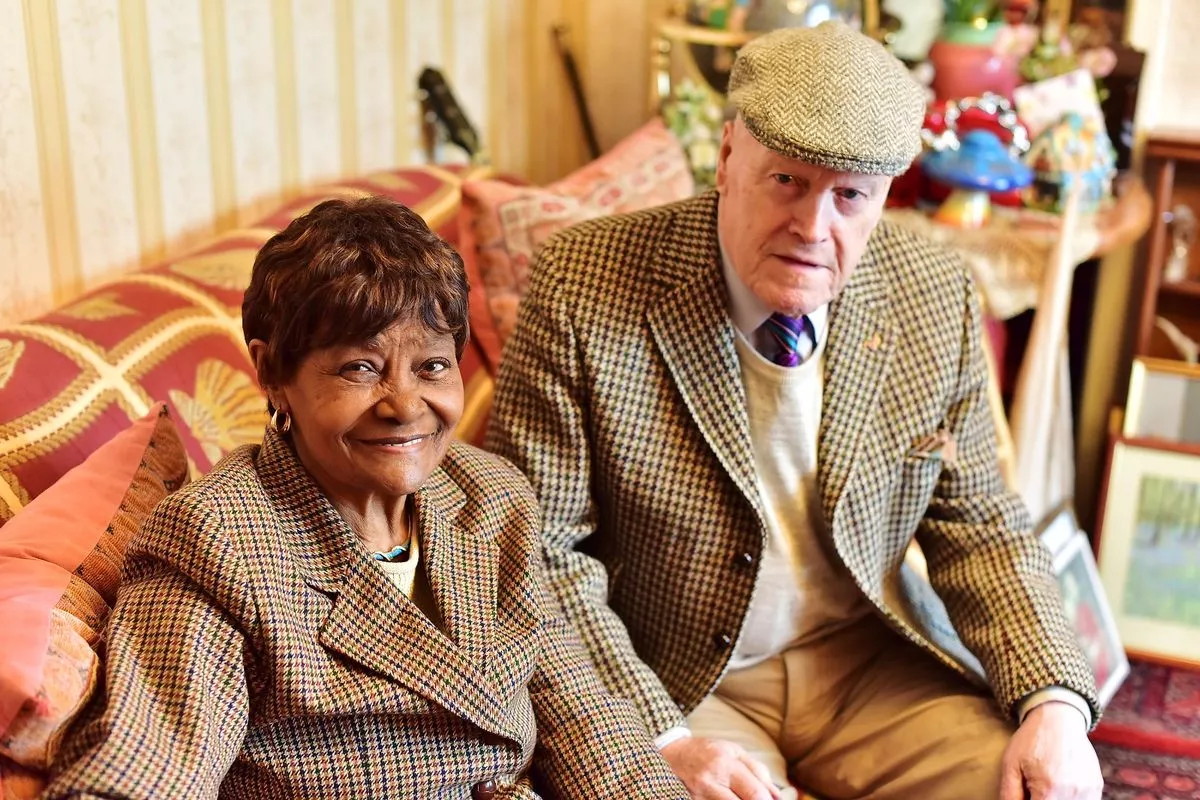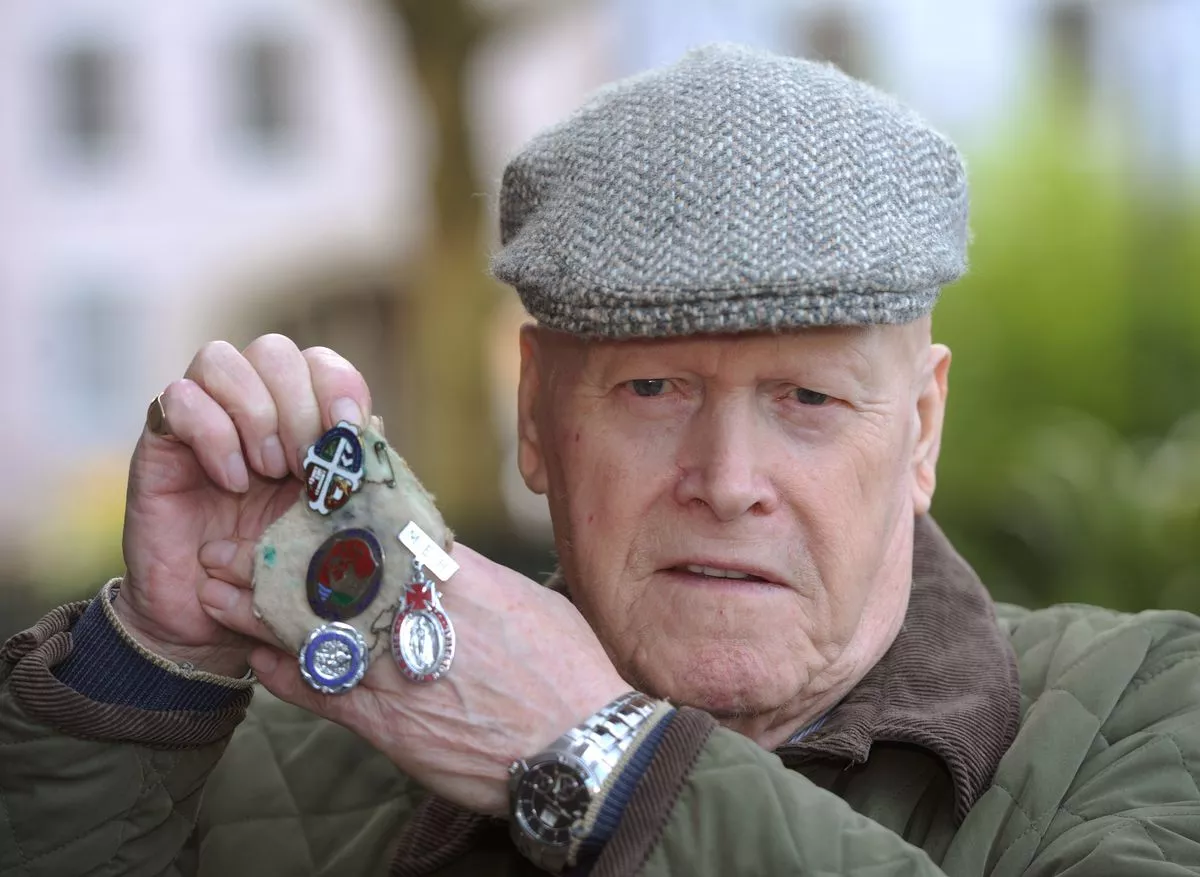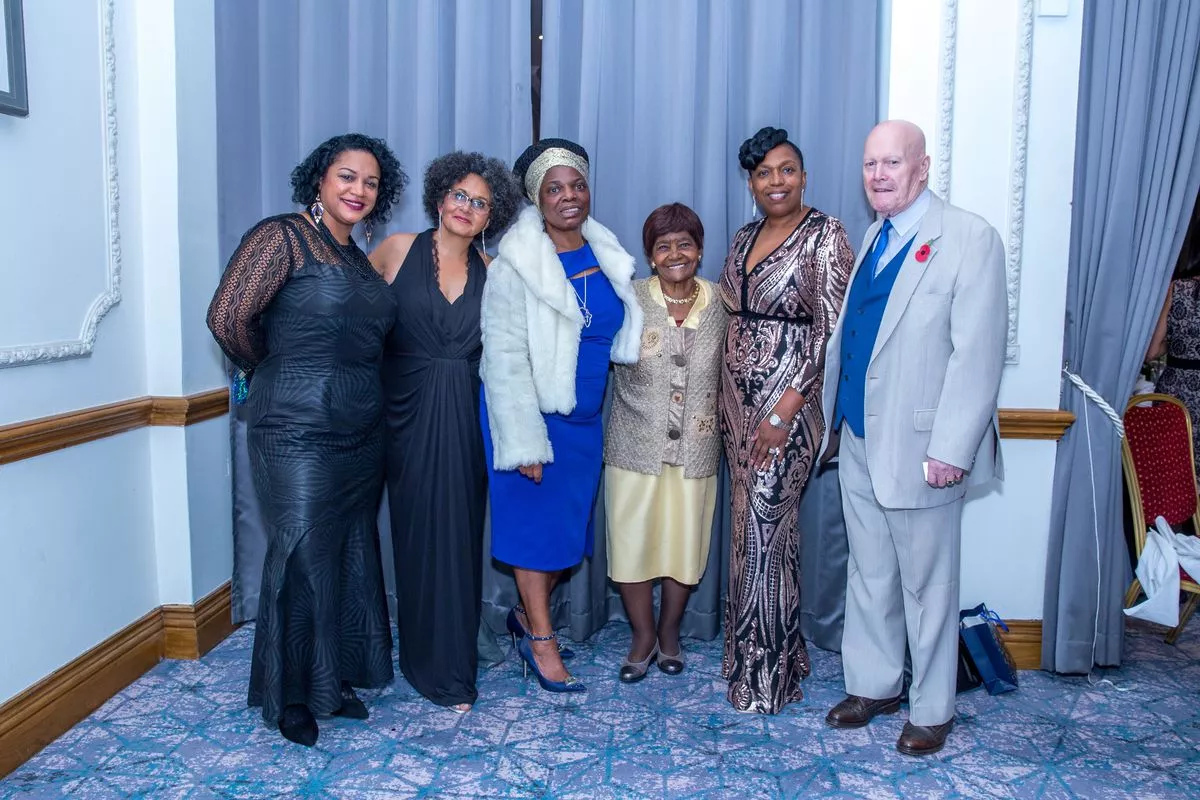April 10th: Today’s Feature
- webbworks333
- Apr 9, 2025
- 3 min read
Updated: Apr 10, 2025
April
May Tanner, (b. 16/7/1932), made history as the first black nurse at the Bristol Royal Infirmary. Originally from Barbados, she relocated to the UK in response to the call for assistance in rebuilding the country. In 1959, she obtained her nursing qualification, marking the beginning of her remarkable career.

In 1965, May Tanner joined the Bristol Royal Infirmary, where she dedicated herself to providing exceptional care to patients. Her commitment and expertise led to her promotion as a ward sister just a year later. Despite her numerous qualifications and a stellar reputation among patients, she encountered significant discrimination throughout her career, even being overlooked for a well-deserved promotion.
May Tanner's passion for nursing and her unwavering dedication to her patients remained steadfast despite the challenges she faced. Her contributions to the healthcare field and the city of Bristol were finally acknowledged 28 years after her retirement. This recognition serves as a testament to her enduring impact and the significant role she played in breaking barriers for black nurses in the healthcare industry.
May's journey in the NHS and in Bristol was marked by discrimination, a fact she openly discussed in various interviews and conversations.
Despite the challenges she encountered, May's dedication to nursing was recognised through the nursing medals she received, symbolising her hard work and commitment to patient care.
In a heartwarming turn of events, May also found love within the hospital walls, marrying Michael, the son of one of her patients, in the year 1963.
This unexpected love story added a beautiful chapter to May's life, showcasing resilience, perseverance, and the power of love to overcome adversity.
According to her explanation, the white nurses you collaborated with had a tendency to distance themselves from you. For instance, when you were walking down Channons Hill towards the ward, they would deliberately switch to the opposite side of the road as if they didn't recognise you.
This kind of behaviour was not uncommon in Bristol during that time. In the 1950s, new immigrants faced numerous challenges, particularly those of African or Caribbean descent. Black staff members were often limited to menial tasks such as cleaning floors and other similar duties.
Finding suitable accommodation was also a major struggle for these individuals. Discrimination was prevalent, as indicated by signs that explicitly stated "no black, no Irish, no dogs." This statement, highlights the harsh reality faced by minority communities during that era.
According to her explanation, the white nurses you collaborated with had a tendency to distance themselves from you. For instance, when you were walking down Channons Hill towards the ward, they would purposely switch to the opposite side of the road as if they didn't recognise you.
This kind of behaviour was not uncommon in Bristol during that time. In the 1950s, new immigrants faced numerous challenges, particularly for black individuals. They were often limited to menial tasks such as cleaning the floors, while their white counterparts held more prestigious positions.
Finding suitable accommodation was also a major struggle for these immigrants. The discrimination was so prevalent that signs stating "no black, no Irish, no dogs" were commonly seen, indicating the exclusionary practices that were prevalent in society.
May's unwavering commitment to the field of nursing was acknowledged and celebrated, despite the numerous obstacles she faced along the way. Her dedication and passion for patient care were exemplified by the nursing medals she was awarded, serving as a tangible representation of her tireless efforts and unwavering commitment to the well-being of those under her care. These medals not only recognised her hard work but also symbolised the immense value she placed on providing the highest quality of care to her patients. May's journey in nursing serves as an inspiration to others, showcasing the rewards that come with perseverance and a genuine desire to make a difference in the lives of others.











